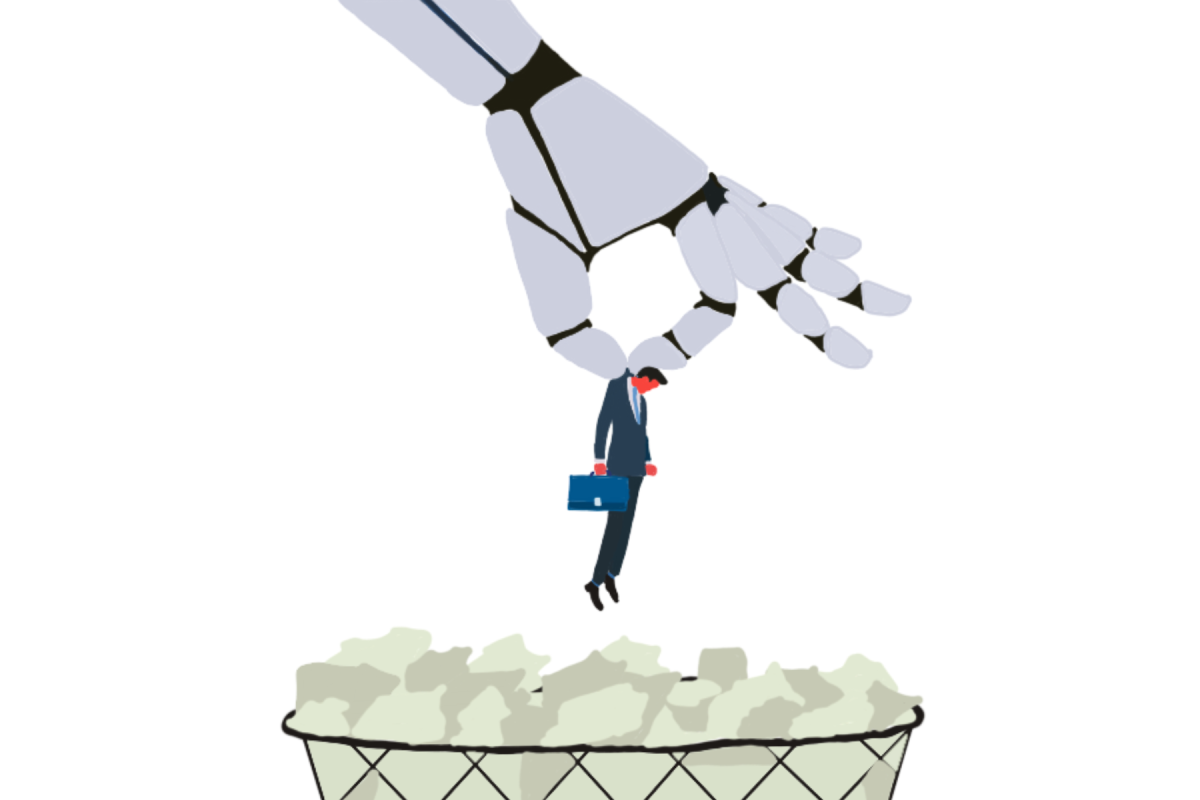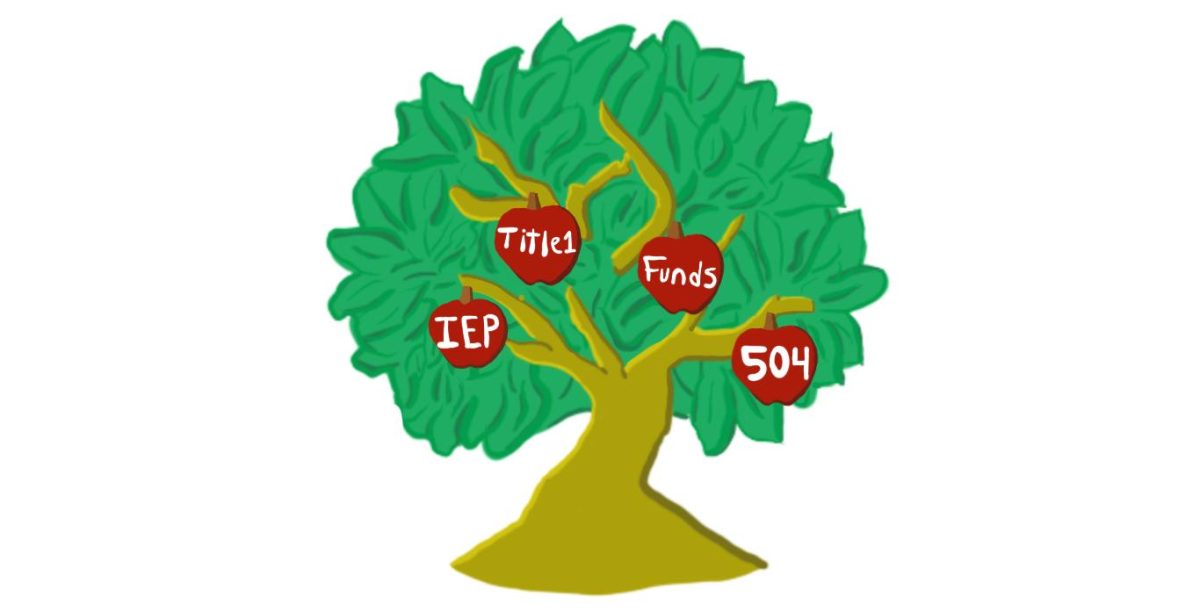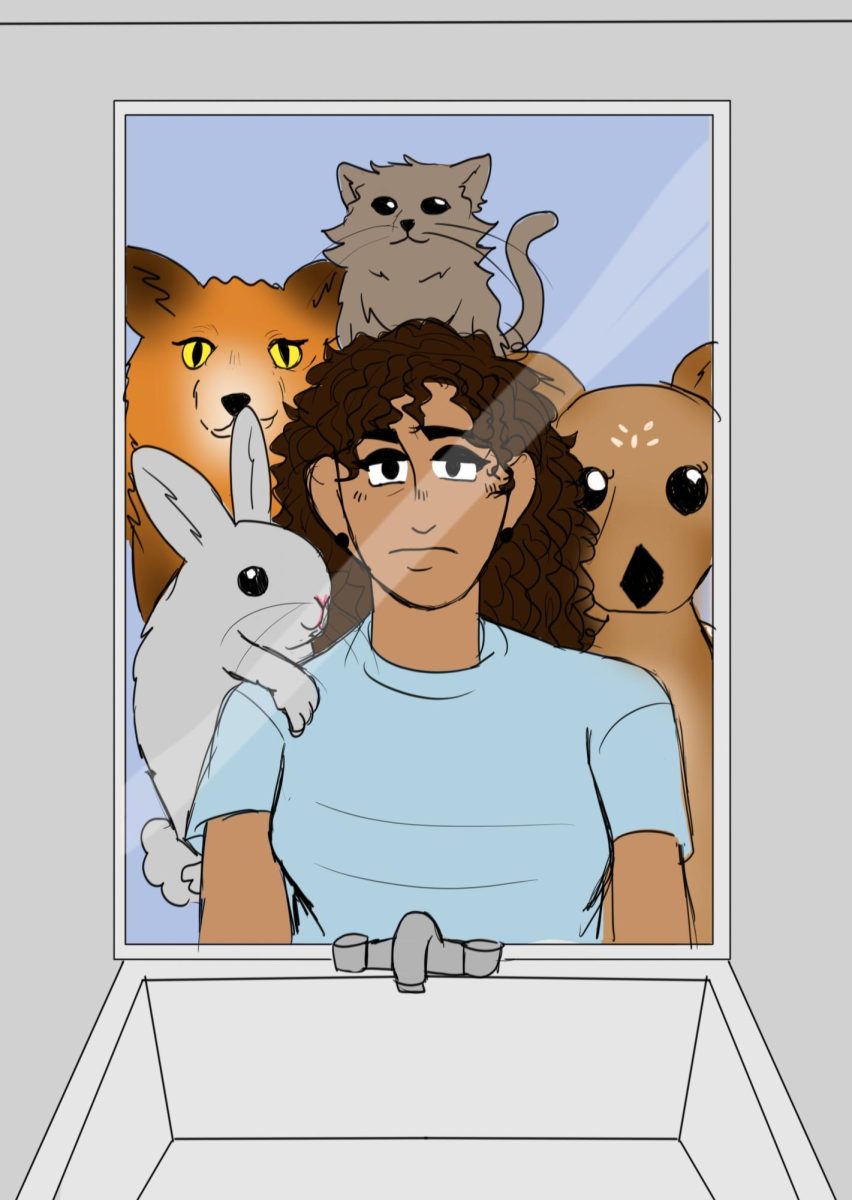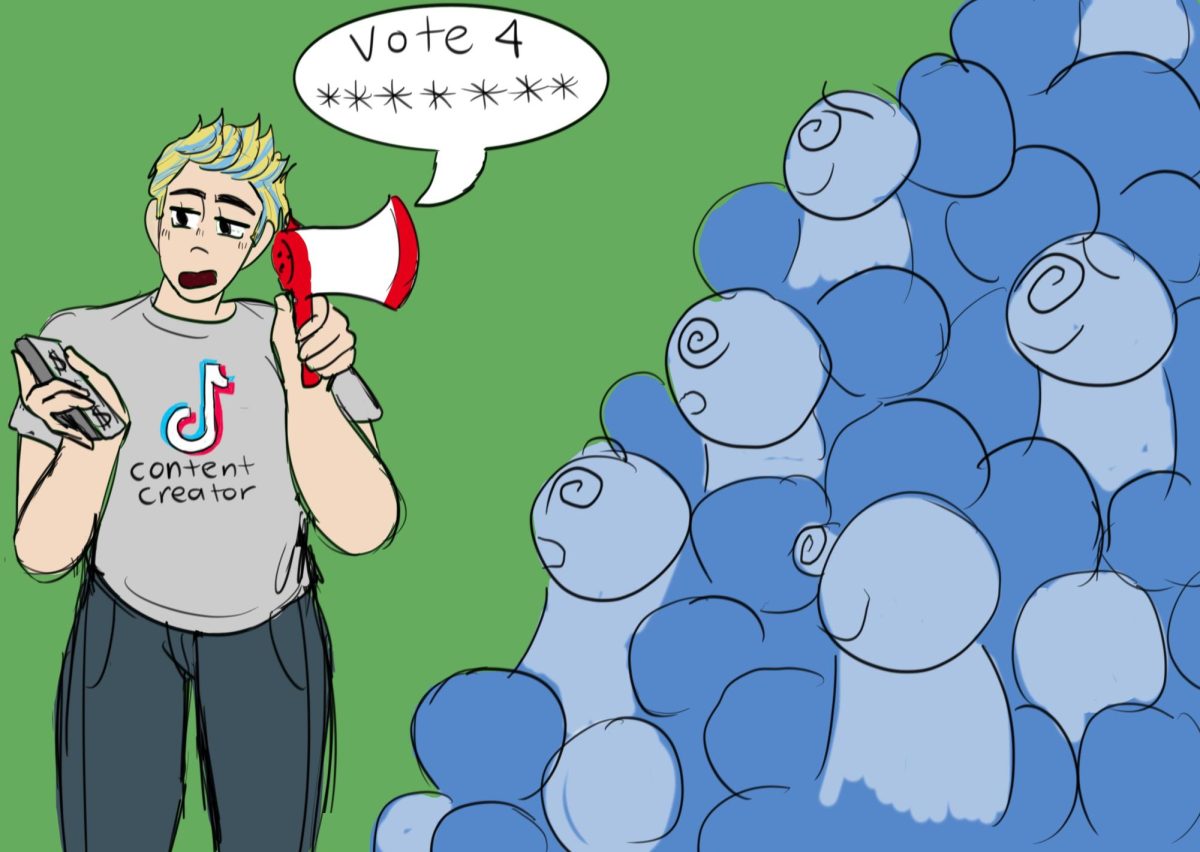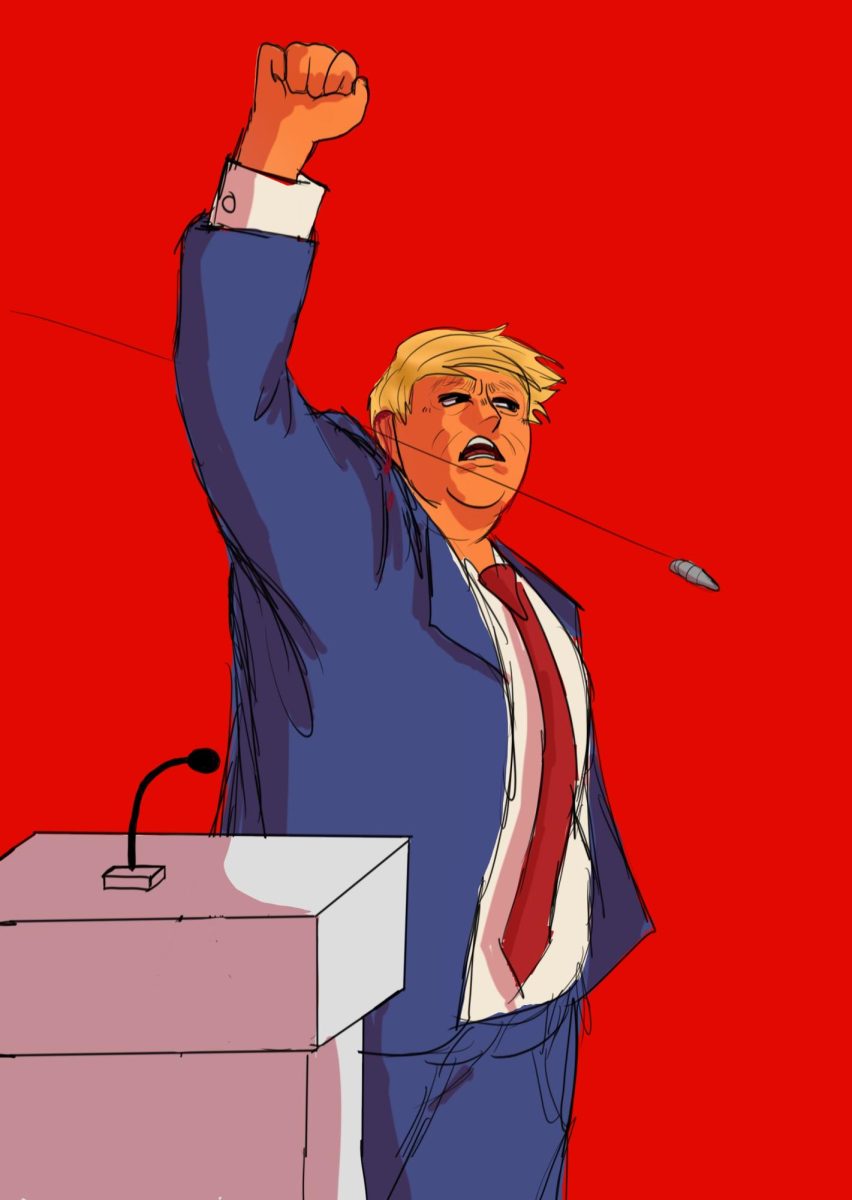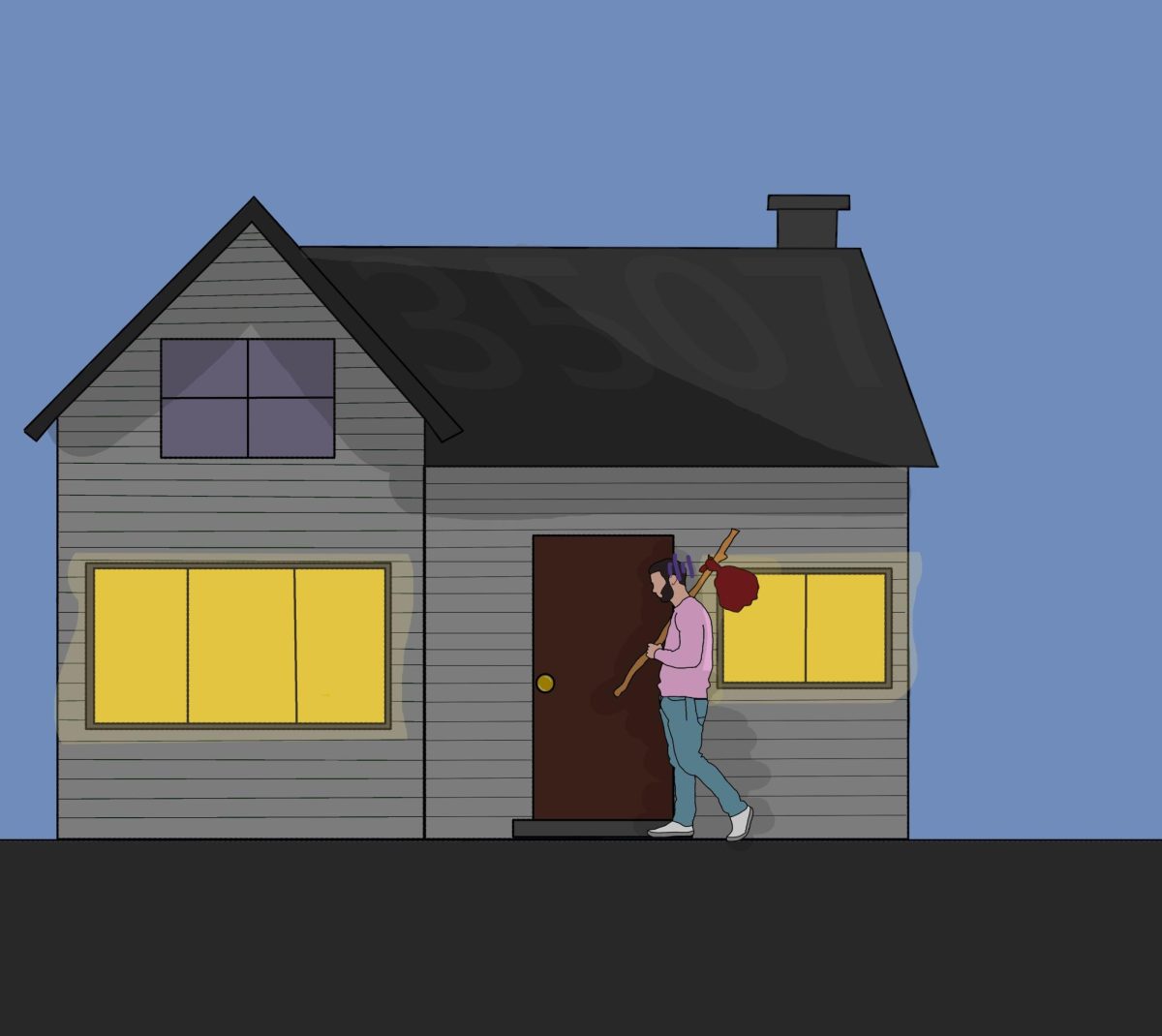Artificial intelligence (AI) is becoming more prevalent, the unregulated growth of the market is instilling more fear into consumers. When AI was first introduced to communities, the appearance of AI was underdeveloped and did not resemble human made art and film. However, over time, AI tools have become more developed and hold the potential to replace human activity, unless the right regulations are implemented.
OpenAI—the leading AI research company—created a new program called Sora, an upcoming text-to-video website that produces videos up to one minute based on the user’s descriptions or requests. These videos are hyper-realistic and showcase AI development to become as realistic as possible. While impressive, it comes with some concerning implications for humanity.
The issue of originality and the fear that it brings to falsify compelling videos. According to ABC News, An American Television network, “Sora, like other generative AI products, is trained on troves of online data, leaving it susceptible to widely reproduced biases, such as racial and gender stereotypes.” The database that AI receives its input can have certain stereotypes and biases that can result in harmful results.
Within this idea of wrongful content, is the opportunity to develop misinformation. While this has been a previous concern since the beginning when AI was first introduced, the development of more realistic results increases the possibility of misinformation. As Eva Zhu from CBC, a Canadian radio service states, “With one of the biggest election years being just around the corner, deep fakes, misinformation and disinformation are going to get much more believable.”
The origin of text based AI is not checked for accuracy, and can lead to a problem of misinformation. However, this video format can also cause problems of creating fake news due to realistic videos that spread wrongful information, or imply any harmful and stereotypical images.
The spread of misinformation has not been observed due to AI, as it is not yet available to the public. However, many people and scholars are worried about when it does, along with its results. One example was shown in late January, when sexually explicit AI images of the singer-songwriter, Taylor Swift, circulated the internet. The product that arises from these new technologies brings harm in ways that spread wrongful and hurtful images. With these AI tools migrating to video format, it brings more fear and the need for some sort of regulation to be implemented.
Now that AI has video format, it poses a serious threat to the creative industry, especially in animation. AI art and artists have had a long lasting conflict, but the improvement of this development is creating a larger possibility of humans being replaced by AI. On Sora, it shows previews of the videos that they have created with short descriptions. One of these previews included a 3D animation that is reminiscent of the style of Disney and Pixar.
AI’s ability to seamlessly take away opportunities from creatives is an often overlooked aspect of AI outside of the art community. It has the potential to take away from artist’s jobs, and has already started to. Many entry level jobs are being taken away because of AI, and according to Tom Carter from Business Insider, “300 million jobs could be disrupted by the new technology.”
Even though OpenAI states that they aim to reduce safety and has included an “opt out” program to AI art, it does very little to limit the risk of misinformation and brings threats to creative jobs. Due to this threat to society and taking away from human jobs and interfering with lives, there must be a regulation added to ensure safety for artists.
The government holds a moral responsibility to protect its citizens and that discussion should include the regulation of AI, as shown with the development of Sora. The problem with the United States government is the power and knowledge that Congress holds, which leads to people like Ted Lieu from the New York Times believing that the government needs a “dedicated agency to regulate A.I.” to have expertise on this issue.
There needs to be regulation in this new and innovative industry, because it can be a helpful tool that brings fresh development to society, but the way that it is headed is taking away human creativity from society. The introduction of Sora only feeds into this idea, which needs to be changed immediately.

